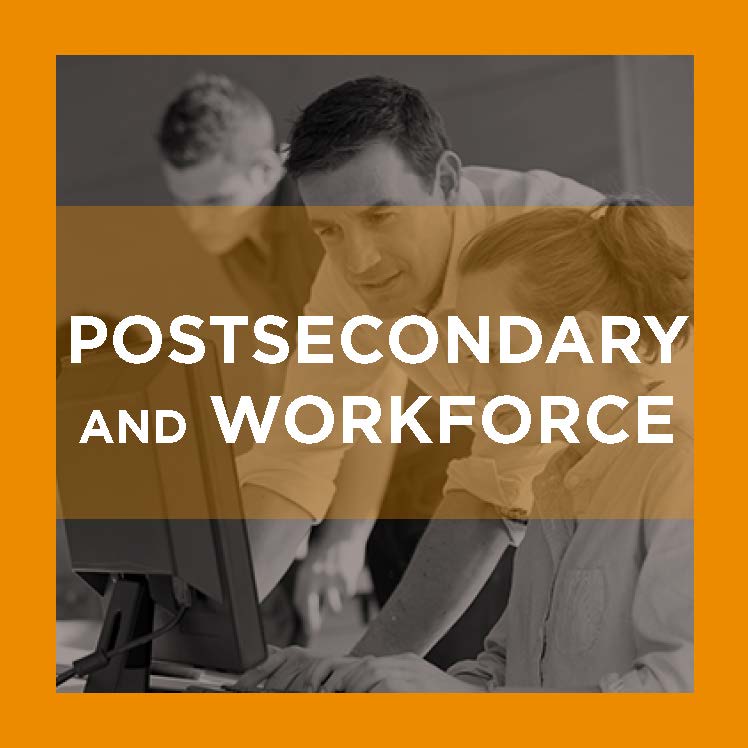Almost 65% of jobs today require education after high school — and that proportion is only expected to grow, leaving behind millions of Americans in states across the country. Currently, 44 million Americans are jobless or lack the skills, credentials and networks they need to earn a living wage.
State leaders face an immediate need to connect postsecondary education to family-sustaining work, especially for those early in their earning years. States, of course, are committed to addressing that need — and in the past few years, many have enacted new legislation and rolled out initiatives designed to improve the connection between education and work.
To support that work, Education Commission of the States and Strada Education Network have partnered to better understand the consumers’ perspective on education and work. This work centers on the belief that we must listen to consumers about their goals and motivations in order to design statewide and local education and workforce policies that work. Over the past year, we have tapped into insights from the Strada-Gallup Education Consumer Survey to understand what adults — both those with postsecondary education and those without — in all 50 states want from education and career, and what motivates them to pursue additional education and training.
That work has informed two new publications that state policymakers will find useful as they work to boost educational attainment and build the next-gen workforce. The first is a Policy Snapshot, “Postsecondary Workforce Development Policies,” that highlights recently enacted legislation focused on four key areas:
- Career pathways and skills. Creating programs that connect people with opportunities to earn credentials and degrees needed to access jobs and careers.
- Partnerships and working groups. Fostering collaboration and connections across all workforce development stakeholders, including K-12 and postsecondary education, to create aligned planning and programming.
- Financial incentives. Providing financial support to institutions and other stakeholders to develop and grow programs or providing individuals funding and aid to pursue credentials and degrees.
- Workforce data. Connecting K-12, postsecondary and workforce data to inform postsecondary and workforce development programs, systems and policy.
Building on that research, Education Commission of the States convened a group of education and workforce leaders to identify additional promising practices and propose policy design principles for engaging, or re-engaging, individuals in education and training linked to jobs and careers. That group produced a brief, “Principles of Policy Design for Connecting Education to Work,” which outlines three core principles for designing policies that keep consumers’ needs and perspectives front and center:
- Design policy to support the diverse needs of people engaging, or re-engaging, with work-relevant education.
- Collaborate to develop state and regional systems that go beyond Workforce Innovation and Opportunity Act requirements.
- Leverage existing data and financial investments to align efforts with policy goals.
In the next phase of this work, Education Commission of the States and Strada will be working with four states — Iowa, Kentucky, Missouri and North Carolina — to provide technical assistance as they work to implement new policies that adhere to these principles and are fundamentally designed around consumer needs and perspectives. Insights from that work will be continuously shared with the broader Education Commission of the States community.
Taken together, this work will seed innovative state policy models that support educational attainment, career development, and economic competitiveness and growth.






